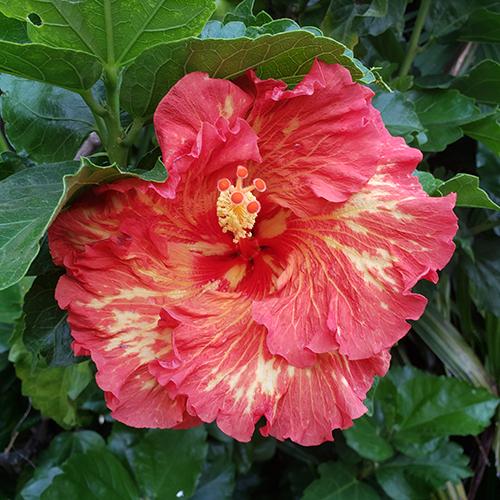
Benefits of Hibiscus
Hibiscus helped save our puppy We found a pedigree Golden retriever for sale for $50 in the local paper. At the time, they were selling
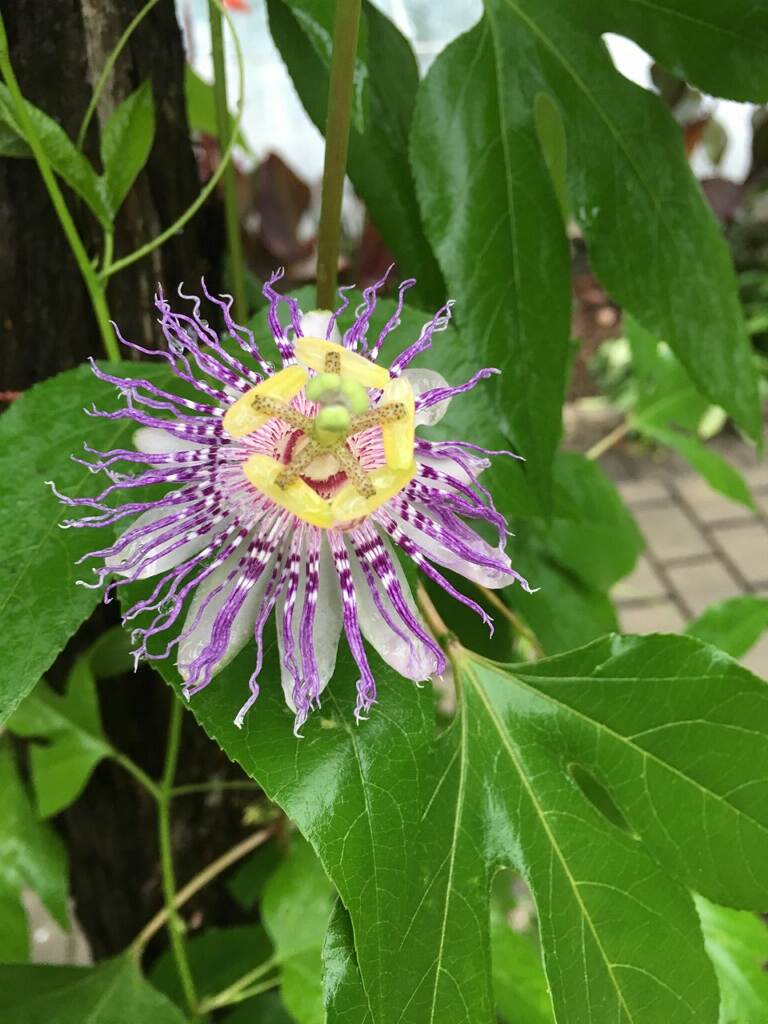
Surveys show that as many as one third of all adults in the U.S. have trouble sleeping. This may involve trouble getting to sleep, staying asleep or with the depth of sleep.
This problem in often compounded by taking barbiturates or the valium family drugs (benzodiazepines), like xanax, which can become habit forming.
Many herbs provide a natural way to relax and induce sleep without the “morning after” side effects often associated with pharmaceuticals.
One interesting example of an herb interfacing with our body’s natural processes is passion flower, Passiflora incarnata.
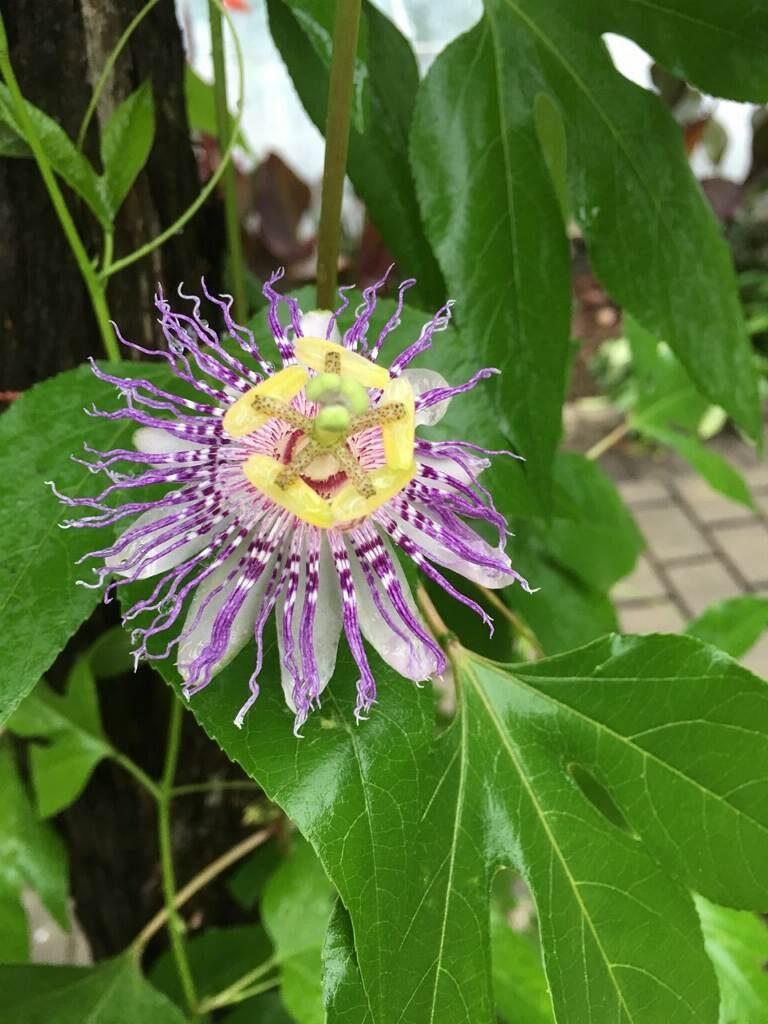
Passion flower, on the other hand, has been safely used for hundreds of years and has demonstrated that it can significantly raise serotonin levels.
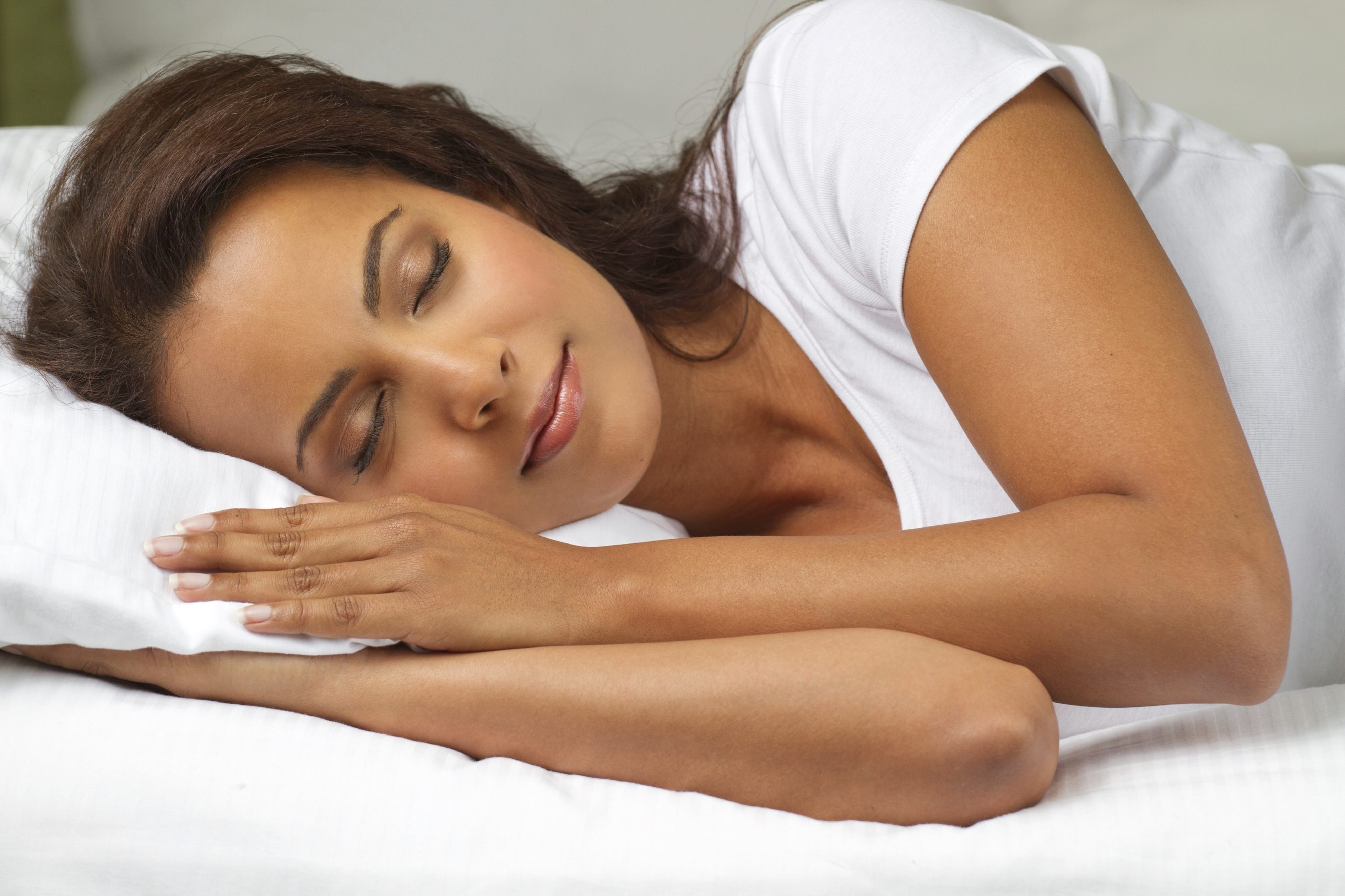
It does this by inhibiting the breakdown of serotonin by the enzyme monoamine oxidase (MAO), responsible for this function.
Even a mild MAO inhibitor like passion flower can double serotonin levels in the brain in less than an hour.
It has also demonstrated muscle relaxing properties employed in the treatment of muscle cramps and has been observed to overcome nervous symptoms and cramps that inhibit sleep, and to produce a restful and deep sleep free from frequent awakenings and disturbances.
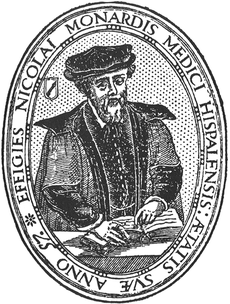
This benevolent plant was first brought to light in 1569 in Peru by the Spanish doctor Nicolás Monardes. According to his reports, it was highly treasured throughout Peru and Brazil.
He, and other explorers after him, took the herb back to the Old World where it quickly became a favorite herb tea.
Many years later, passion flower returned to America with the settlers and became a part of their standard pharmacopoeia.
It is now used world wide as a mild sedative that reduces anxiety and nervous tension. It appears to be completely free of toxicity or side effects, and has been approved by the FDA for food use.
Commonly known as maypop, purple passionflower, true passionflower, wild apricot, and wild passion vine, it is a fast-growing perennial vine with climbing or trailing stems that produces a small edible fruit.
You want to insure that you acquire the correct Passionflower to aid with sleep. There is another Passionflower, Passiflora edulis, that is grown for its much larger edible fruit.
A tea or tincture made from the whole plant is best. Popular sleep remedies marketed throughout the word combine passion flower with other FDA approved nervines such as valerian, lemon balm, and chamomile.

With its tonic properties, many people use chamomile to reduce anxiety and induce a state of pleasant relaxation. These properties were fairly well validated scientifically back in the 1950′s and even appeared in scientific papers as long ago as 1914.
In one study, chamomile was given to heart patients to determine if it affected cardiac function. It didn’t. But 10 out of 12 of the patients fell asleep about 10 minutes after drinking the tea.
Other factors that may aid sleep include exercise, meditation, proper ventilation, blocking out artificial light and noise pollution and avoiding large meals and use of stimulants late in the evening.
Teaching comprehensive holistic education since 1985.
We are currently offering interactive hybrid courses including Herbal Fundamentals, Energy Healing, Aromatherapy and Clinical Herbology
Hybrid means you may choose to participate in each individual class in the hybrid course online or in person.
All of our products are made with love from organic, all-natural and ethically sourced ingredients.
We began making and perfecting our own herbal remedies more than thirty years ago and offer our favorite products for purchase.

Hibiscus helped save our puppy We found a pedigree Golden retriever for sale for $50 in the local paper. At the time, they were selling
Hawthorn Berry Hawthorn is known as the heart herb for its many benefits as a heart tonic. The berry has been a key part of
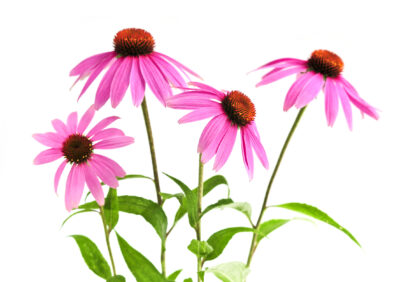
Can you take herbal supplements to arm your immune system? You probably know that zinc, vitamin D and vitamin C are gotta-have-its. How about herbal

While attending San Diego State College in the early seventies, my work-study job was in the vivarium, a room for keeping and raising animals for